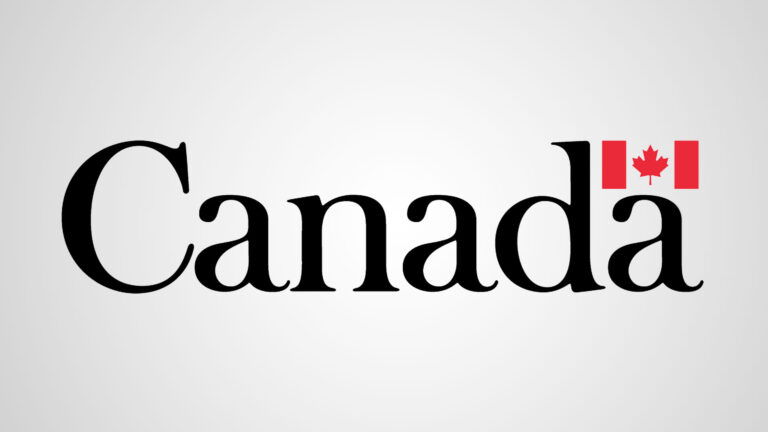
A recent Hearing Tribunal issued its written decision on the merit and orders regarding the conduct of a pharmacist who was a pharmacy’s owner, proprietor and licensee during the period of the alleged misconduct. Central to the allegations considered were that hundreds of TPP Alberta Type 1 medications were dispensed at the pharmacy prior to, and without ever, receiving a TPP pad prescription.
The Hearing Tribunal found that the pharmacist knowingly dispensed, or as the licensee permitted his pharmacy’s staff to dispense, approximately 1395 Type 1 TPP medications without the requisite TPP pad prescription during an approximate four-month period. Also, as the licensee, he had created procedures to facilitate an ongoing system of dispensing TPP Type 1 medications in advance of receiving, and eventually never receiving, the anticipated TPP pad prescription. In doing so, the Hearing Tribunal found the pharmacist’s conduct was unprofessional and as a licensee and he had engaged in misconduct. The Hearing Tribunal confirmed that all licensees and pharmacy practitioners are bound by the requirements of TPP Alberta and that the provisions of TPP Alberta are not simply a guideline or optional. The Hearing Tribunal found that in this matter the pharmacist’s actions had undermined the integrity of the profession and warranted significant sanctions.
In this matter, the Tribunal imposed significant penalties, even though there was evidence that all of the 1395 medications were dispensed pursuant to a written prescription from a physician. (However, through its decisions the Hearing Tribunal indicated that for Type 1 TPP medications, a written prescription (not on a TPP pad prescription) is insufficient to generally comply with TPP Alberta requirements). The Tribunal ordered:
- a suspension of the pharmacist’s practice permit for a period of three months and a requirement that the pharmacist successfully pass the ACP’s Ethics & Jurisprudence Exam prior to the suspension being lifted,
- a $5,000 fine,
- the pharmacist not to be an owner, proprietor or licensee of a pharmacy for a period of two years,
- full costs of the investigation and hearing (estimated to be in the range of $67,000), and
- the pharmacist to provide a copy of the written decision to any person or entity that employs him as a pharmacist for one year.
Rationale for the Tribunal’s decision, is reflected in its following statements from its August 7, 2019, and November 25, 2019, decisions:
The Hearing Tribunal concludes that participation in the TPP by pharmacists and licensees in Alberta is a valid expectation of the ACP, the TPP program partners, and the Public. Compliance is mandatory.
The TPP was designed to create a system of collaborative practice and surveillance around specific narcotics and controlled medications that pose serious health risks to the public. Pharmacists are important stewards of the drug distribution system and the public expects pharmacists to exercise professional judgement to ensure each prescription for a Type 1 TPP medication is complete, current, authentic, and appropriate for the patient. The Hearing Tribunal felt this is particularly significant in light of the current health crisis that Alberta faces with respect to the abuse, misuse, and diversion of Opioid medications.
Government and the public at large expect and depend upon pharmacists to exercise professional judgement and assess each prescription to ensure that it is current, authentic, complete and appropriate. [The pharmacist] has failed to meet this expectation by failing to abide by the rules of the TPP program.
The Hearing Tribunal’s goals are to impose a suitable sanction that reflects the nature and severity of the offense; to provide appropriate deterrence to the profession of Pharmacy and to [the pharmacist]; and, to provide protection to the public.
Pharmacy licensees have an obligation to ensure that the processes and policies in the operation of their pharmacies are consistent with ACP standards and the rules of the TPP program. Licensees have a further obligation to provide consistent oversight of their operations and exercise their professional judgement to intervene when situations arise that are in contravention to the rules of the TPP program.
Licensees and Pharmacists – Incorporate these Lessons into Your Practice
- Review the Pharmacy and Drug Act, the Standards for the Operation of Licensed Pharmacies and Code of Ethics with regard to your responsibilities in the operation of your pharmacy.
- Review and fully comply with the requirements of the TPP.
- Always make patient care and patient safety central to your practice.
Another lesson that can be learned from this matter:
Licensees must be aware that their actions and omissions may not only affect their standing with the ACP but can greatly impact on their pharmacists’ and pharmacy technicians’ ability to full comply with the standards of practice.




